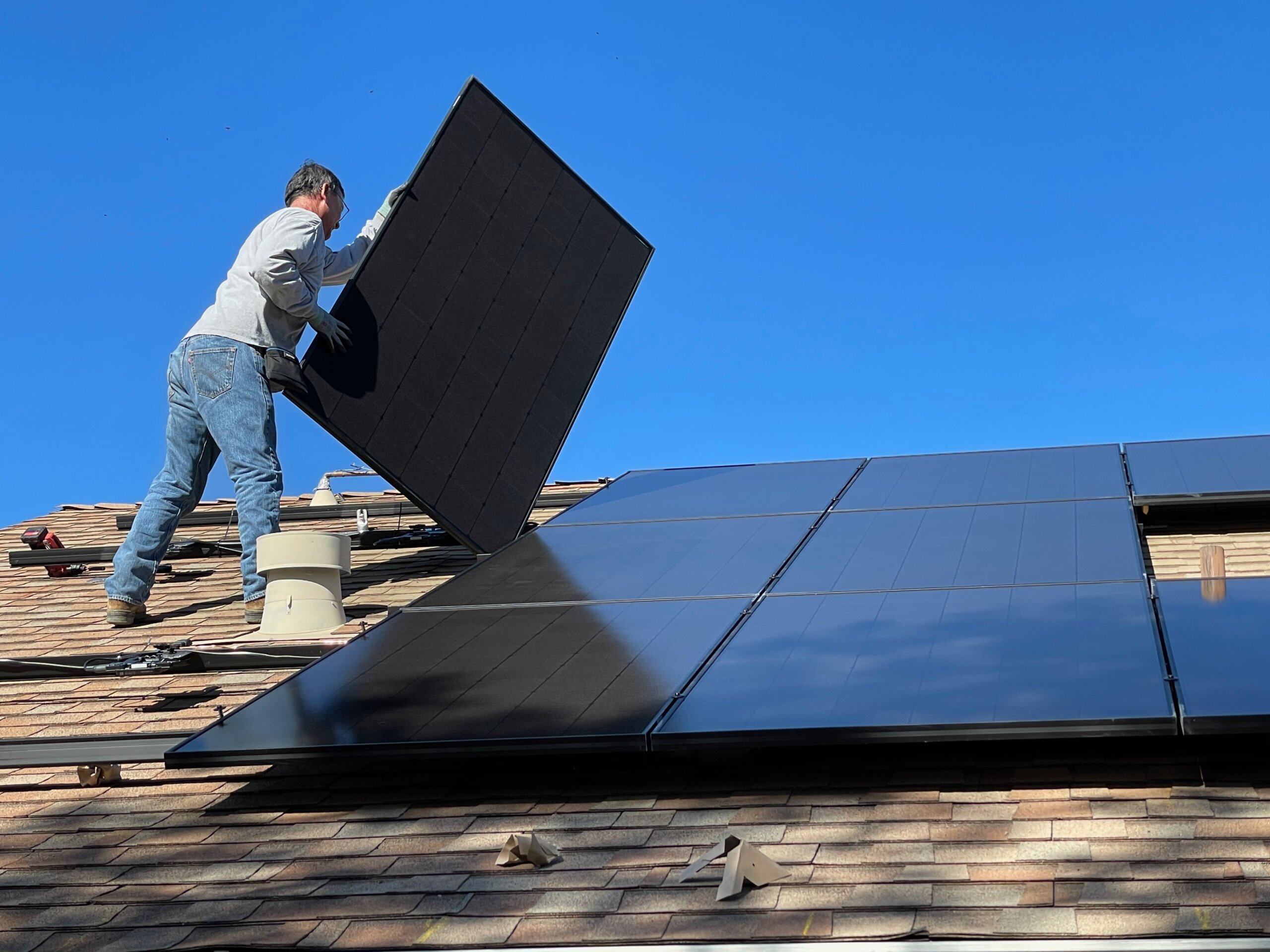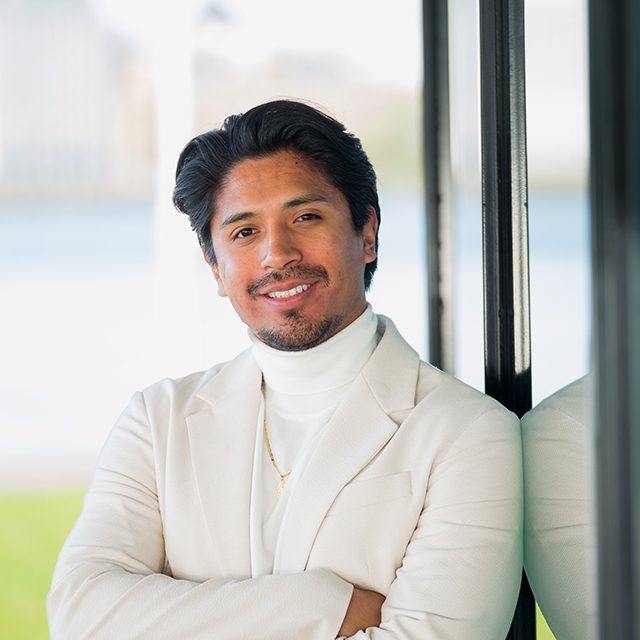From €525 million in new government for home insulation to an experimental eco-renovation of a 1733 Amsterdam canal house, everyone seems to be talking about sustainability.
We might not be able to ado much about building new wind farms or cleaning up heavy industry, but there are things that individuals can do to contribute to.
Worldwide, the earth is around one degree warmer than it was in 1880, and the annual mean temperature in the Netherlands between 1906 and 2015. But the coronavirus has proven that we can live and work in different ways, reducing our air and business travel, and showing us the possibilities (and challenges) in our own homes.
“We believe that everybody is willing to help and contribute to solving the problem but probably a lot of people ask themselves: where do I start and will it cost me a fortune?” says Fabrizio Brancacho Taico, a consultant specialising in sustainability at Expat Mortgages.
“While some tools can help restructure people’s habits and ways of living, there are a lot of ‘one-time’ changes people could make to contribute to a more sustainable world, for example when it comes to their home.”
With 14 years of experience in helping expats find mortgages and the money for renovations, this is a topic where Expat Mortgages can also point you in the right direction. Whether you are prepared (and financed) for a big change or just a few smaller ones, here are some ideas to consider.
Solar panels
More and more private individuals are equipping their homes with solar panels, and even if they are listed buildings, this is now possible. A typical cost is around €5,000 (for a saving of €500 and 1650 kg CO2 per year), you can reclaim the VAT costs and get cheap loans if you also carry out another energy saving measure. Meanwhile, the extra energy you produce can be sold back to the grid.
The shell: walls, roof, floor and windows
Cavity wall insulation will set you back €5,000 (check if you need planning permission) but it will also save €500 and around 1,550kg CO2 per year. Most houses are built with an inner and an outer wall, which can be filled with special insulation – helping to stop it leaching 20% of its heat simply through the walls.
Roof insulation will cost a similar amount (and this is something you should always check when buying a home because houses built before 1965 were generally not insulated at all!). There are all sorts of materials that can be used, such as wool, wood shavings and hemp fibres, which also help with moisture regulation.
Floor insulation typically costs less, at around €1,500 for the average home, and can save €150 and 650 kg CO2 per year. You might notice the difference instantly with warmer feet. And don’t forget your windows, as there are all kinds of high quality, insulative glass now available. For all these measures, houses vary wildly and it is worth asking a building expert for advice.
There is some debate about heat pumps, but it’s important to note that it is only worth looking at this option if you have already brought your home insulation up to a very good standard. A pump, which works by extracting heat from the outside air and transferring it to the house (or vice versa), typically costs €4,500 and saves €210 and 1200 kg CO2 per year. It may need a permit, and there are rules about how close it can be to a neighbour’s house (to limit noise nuisance).
Your mum probably told you to turn off the light when you left your room and luckily there are all sorts of gadgets nowadays to automate electricity use as part of a smart home. Think about smart thermostats on radiators, energy saving lights, plugs and devices that don’t need to use up electricity on ‘standby’ mode.
Mortgage lenders offer extra incentives for you to ‘green’ your house, and if you plan to do this you can borrow 106% of the value rather than the normal 100%. There are various government <a href=”https://www.isde.nl/”>subsidies</a> and funds for individuals and also for home associations (VVEs) if they are planning to carry out several greening measures.
The Expat Mortgages team is ready to help you discover the possibilities and advise you on what best fits your specific situation. Schedule a meeting with one of our consultants and let us help you contribute to a more sustainable world!

